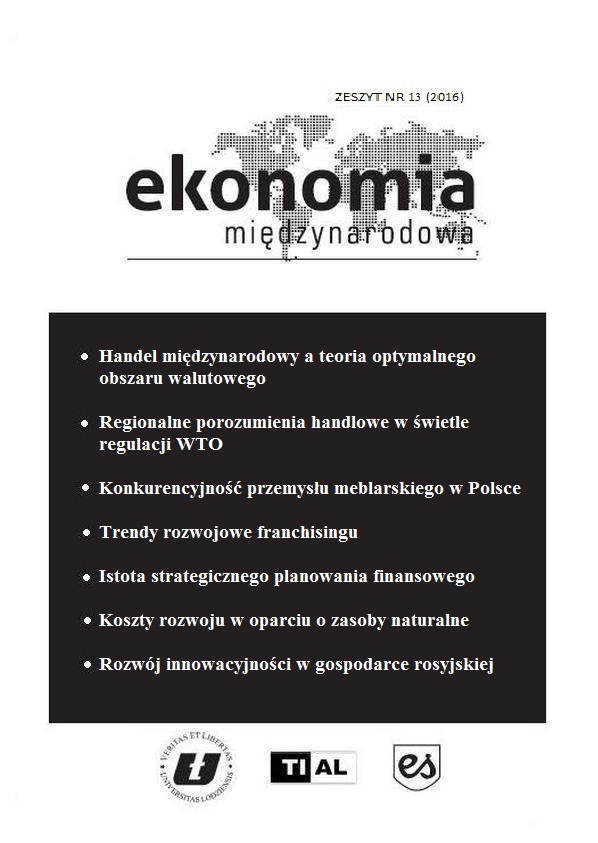The costs of resource-led development. An analysis of the economic impact of the oil extraction boom in Colombia
The costs of resource-led development. An analysis of the economic impact of the oil extraction boom in Colombia
Author(s): Paulina KupiszSubject(s): Economy, National Economy
Published by: Uniwersytet Łódzki - Wydział Ekonomiczno-Socjologiczny
Keywords: Colombia; mineral resources; Dutch disease; oil; development; national oil companies; Ecopetrol
Summary/Abstract: Oil-rich countries often face negative consequences of natural resources-led development on their overall economic performance. One of the reasons is that a country’s rising extraction rates frequently lead to various changes in its public policy and revenue management. Colombia has spectacularly increased its oil production by almost 500,000 barrels per day (bpd) in ten years, which was the effect principally of the implementation of strongly market-oriented petroleum policies in 2003. It is now the fourth largest crude producer in Latin America, registering nearly ten times more export sales than at the end of the 20th century. The economic effects of the oil-boom are already visible, which has created many new challenges the government must face in order to ensure sustainable development in the country, and to be able to mitigate the impact of the recently dropping world oil prices. The purpose of the article is to present the latest findings on the impact of the oil sector development on the Colombian economy in the 21st century, focusing especially on the current situation.
Journal: Ekonomia Międzynarodowa
- Issue Year: 2016
- Issue No: 13
- Page Range: 79-94
- Page Count: 16
- Language: English

